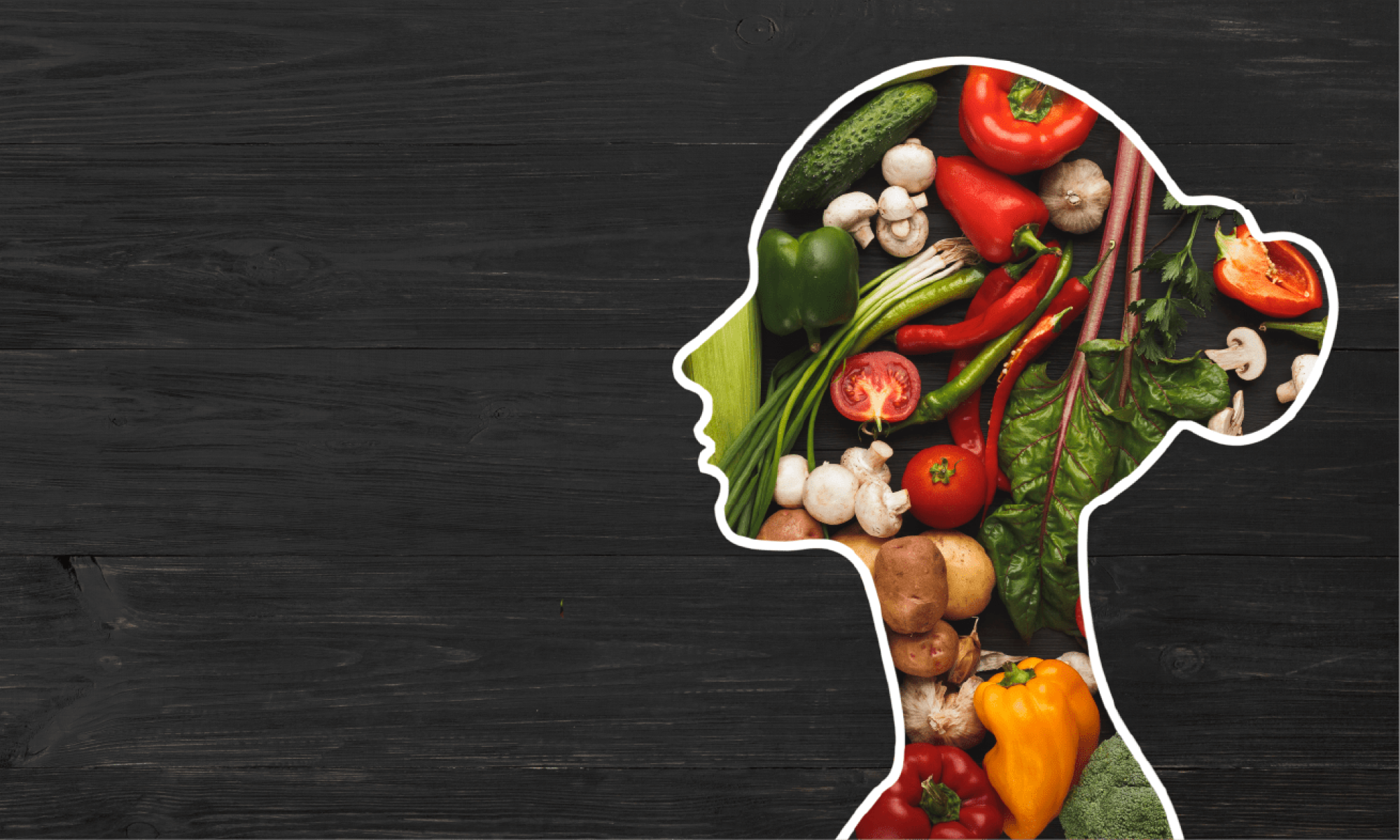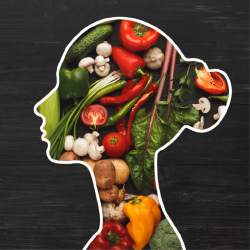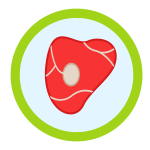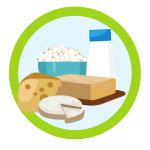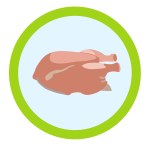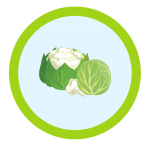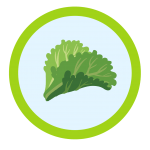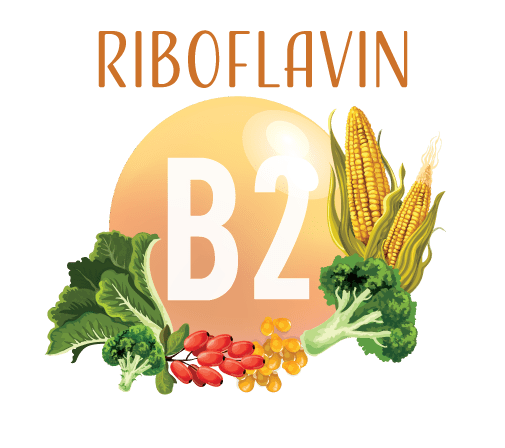
Vitamin B2: How Riboflavin Supports a Healthy Body
Vitamin B2 or Riboflavin belongs to the family of B vitamins and is water-soluble, meaning that our bodies do not store it, and we must obtain it through our diet regularly.
This vitamin is essential for breaking down carbohydrates, fats, and proteins in the body, providing energy for all metabolic functions. Additionally, it acts as an antioxidant, protecting our cells from damage caused by harmful free radicals. Vitamin B2 also plays a crucial role in maintaining healthy skin, eyes, and red blood cells.
Sources of vitamin B2 include dairy products, eggs, meats, green leafy vegetables, and enriched grains. However, some individuals may require supplementation if they are not obtaining adequate amounts of riboflavin through their diet. Certain health conditions, such as celiac disease, inflammatory bowel disease, and irritable bowel syndrome, can also interfere with the body’s ability to absorb vitamin B2.
For adults, the recommended daily intake of riboflavin is 1.1-1.3 mg for women and 1.3-1.6 mg for men. For children, the recommended daily intake ranges from 0.3-0.5 mg for infants to 0.8-1.1 mg for teenagers.
Meat & Protein
Grass Fed Red Meat
Beef liver is an excellent source of riboflavin, providing more than 100% of the daily value amount per 3-ounce serving.
A 100-gram serving of lamb liver provides 185% of the recommended daily intake for adults, making it a great energy booster.
A 3-ounce serving of brisket contains approximately 0.3 milligrams of riboflavin, equivalent to 18% of the recommended daily intake for adults.
A 3-ounce serving of beef sirloin contains about 30% of the recommended daily intake.
a 3-ounce serving of beef flank steak, you can find about 34% of the daily recommended amount for adult men and women.
Free Range White Meat
One 3-ounce boneless, skinless chicken breast contains about 15% of the DV for riboflavin.
A 3.5-ounce serving of lean pork provides approximately 23% of the daily value recommended for an average adult.
One large egg yolk containsapproximately 18% of the recommended DV for adult men and women.
Fruits, Vegetable & Leafy Greens
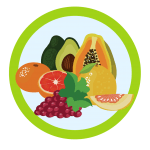
Organic Fruit
1 medium avocado provides 23% of the recommended daily value (DV)
A medium mango provides 6% of the DV
1 medium kiwi provides 6% of the DV
1 cup of pineapple provides 6% of the DV
A cup of strawberries 6% of the DV
Cruciferous
On average, one cup of raw chopped broccoli contains approximately 11% of the daily value for adults.
One serving of asparagus contains approximately 15% of the daily value (DV) of riboflavin
A half cup serving of boiled Brussels sprouts contains approximately 10% of the daily value of Riboflavin.
Leafy Greens
A cup of cooked beet greens contains about 15% of the recommended daily value of B2 for adults.
A single cup serving of kale contains about 14% of the daily recommended amount for men and 16% for women.
One cup of cooked spinach contains about 23% of the daily value
A cup of cooked collard greens contains around 12.5% of the recommended daily value for adults.
Just a cup of chopped dandelion greens provides about 10% of your daily riboflavin needs!
a one-cup serving of cooked mustard greens is 18% of the daily value (DV) for adults
A one-cup serving of cooked Swiss chard contains about 23% of the daily value (DV) for this nutrient.
One cup of chopped turnip greens provides 15% of the daily value
In general, one cup of chopped watercress provides about 6% of the DV for riboflavin.
Beans and Legumes
Legumes
1 medium avocado provides 23% of the recommended daily value (DV)
Cooked black beans contain 8% of the DV for Riboflavin per half-cup
One cup of cooked navy beans (about 182 grams) provides 31% of the DV
a 3.5oz serving of chickpeas provides approximately 9% of the recommended daily value of riboflavin.
One cup of cooked lentils provides approximately 18% of the recommended daily value for adults
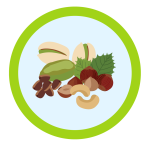
1 medium avocado provides 23% of the recommended daily value (DV)
A 1oz serving of pistachios contains 12% of the recommended DV.
1oz serving of almonds contains 26% of the recommended daily value (DV).
1/4 cup of sunflower seeds contains 20% of the recommended DV.
1/4 cup serving of sesame seeds contains 11% of the recommended DV
Did you know?

Some people are at risk of Riboflavin deficiency, the elderly, and those with certain genetic disorders

Alcohol and tobacco smoking can also negatively affect riboflavin metabolism.
